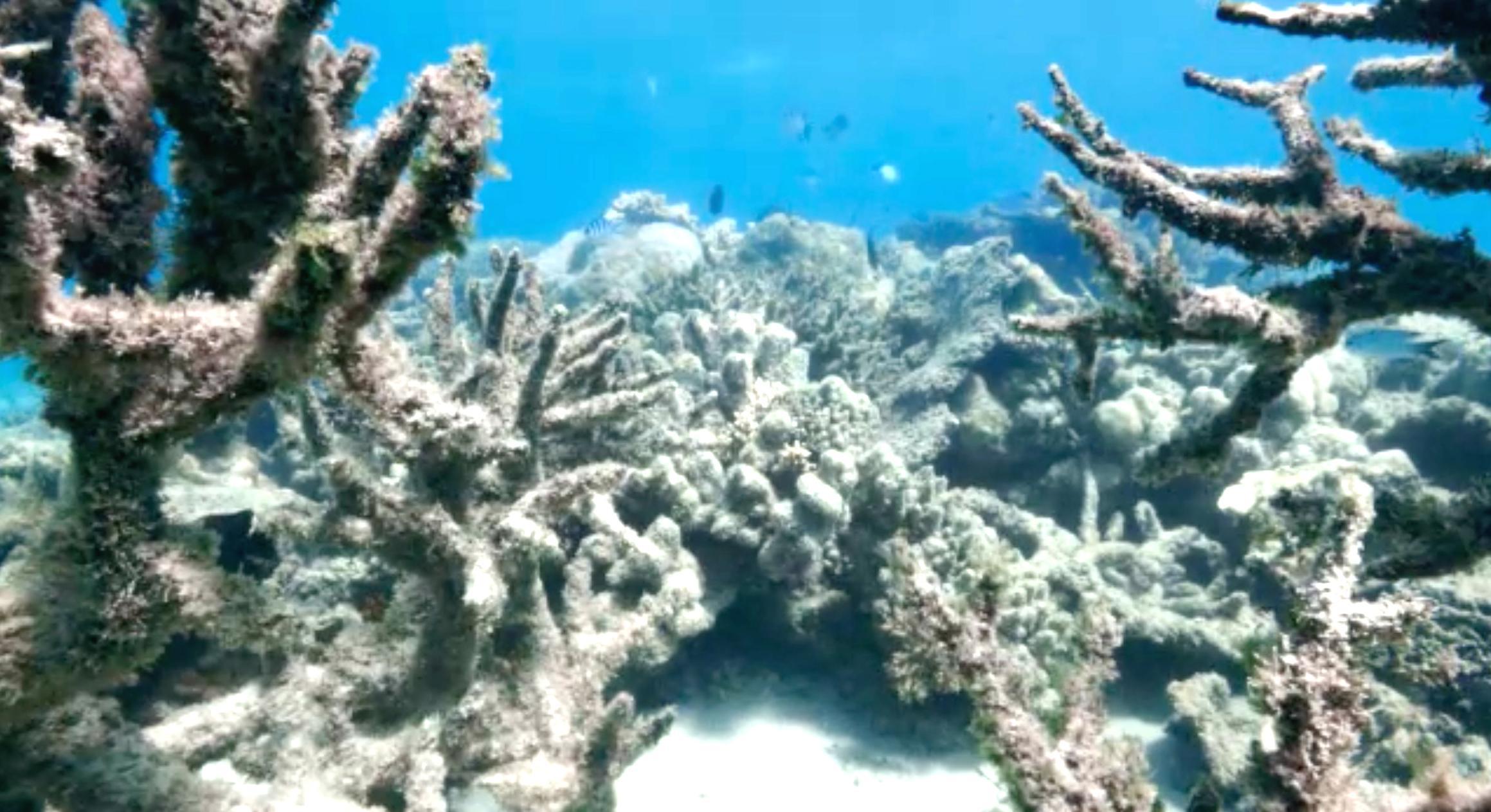Blue Planet 2 episode 7 'Our Blue Planet' review: Not the gut punch we've come to expect

Your support helps us to tell the story
From reproductive rights to climate change to Big Tech, The Independent is on the ground when the story is developing. Whether it's investigating the financials of Elon Musk's pro-Trump PAC or producing our latest documentary, 'The A Word', which shines a light on the American women fighting for reproductive rights, we know how important it is to parse out the facts from the messaging.
At such a critical moment in US history, we need reporters on the ground. Your donation allows us to keep sending journalists to speak to both sides of the story.
The Independent is trusted by Americans across the entire political spectrum. And unlike many other quality news outlets, we choose not to lock Americans out of our reporting and analysis with paywalls. We believe quality journalism should be available to everyone, paid for by those who can afford it.
Your support makes all the difference.Attenborough-fronted BBC nature shows traditionally end with an episode on the environmental challenges facing the areas and the animals that have been covered that series and rightly so, with humanity's impact only getting more severe and yet the world in some cases taking steps backward in terms of tackling it (not least with President Trump's recent decision to pull out of the Paris climate accords).
And so tonight on Blue Planet II we were taught about the ugly and often unlikely ways in which the rapacious human being is ruining ecosystems with its excess. Albatross parents were seen unwittingly feeding their chicks plastic, mother dolphins were potentially exposing their new-born calves to pollutants through their contaminated milk, and the sheer noise of boats, ships and drilling rigs were found to be making it difficult for the marine animals who use sounds to communicate to even be heard.
Aware that an hour of utter bleakness probably won't have the desired effect on viewers, the episode focused instead on hope, reminding us that sperm whales were once saved from the brink of extinction thanks to the mutually agreed banning of commercial whaling and showing how one man convinced turtle poachers to become turtle conservationists.
And yet the episode fell a little flat. Planet Earth II's version of this episode still felt like Planet Earth in the way it was shot and as such was eerie and haunting, particularly that scene where hatchling turtles wandered confused into a bustling city, a dirty road being shot like a coral reef. This episode, however, relied too heavily on talking heads and felt more like an episode-length version of one of the 10-minute making-of sections that usually close episodes, to the point where it seemed more like a stock conservation documentary than a jaw-dropping Blue Planet instalment.
Still, it's great that the show is dedicating so much time to highlighting the severe problems that may mean a Blue Planet series won't even be possible one day. A call to action would have been nice though - 'Our Blue Planet' told viewers that they personally can make a difference with the issues featured, but never got round to explaining how.
Join our commenting forum
Join thought-provoking conversations, follow other Independent readers and see their replies
Comments